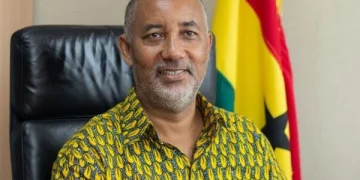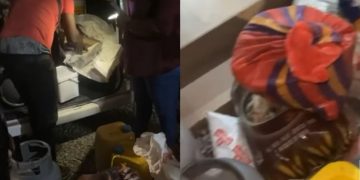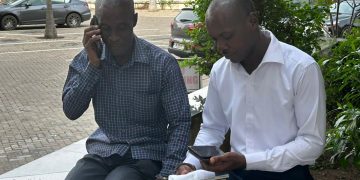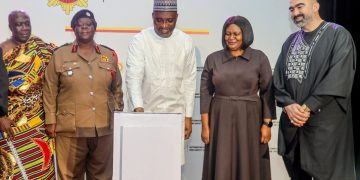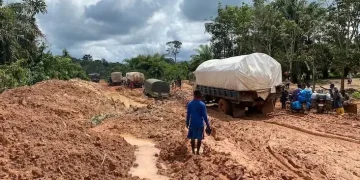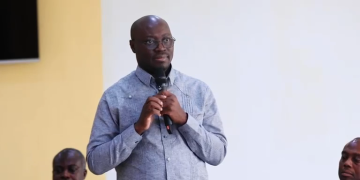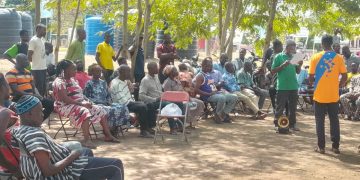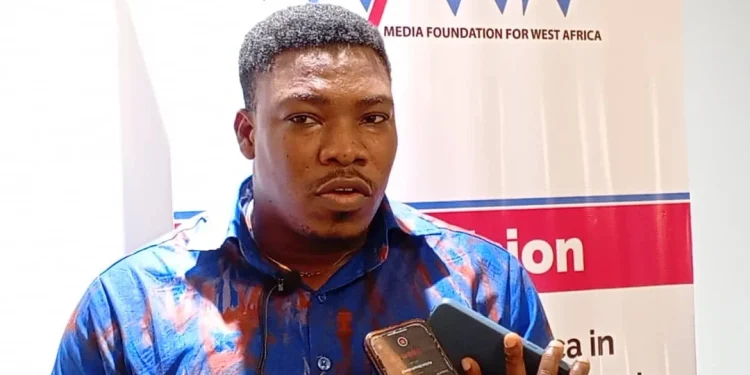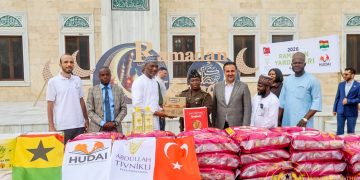The Media Foundation for West Africa (MFWA) has launched a critical initiative to empower Ghanaian journalists in the fight against Illicit Financial Flows (IFFs), as Africa continues to lose over US$50 billion annually through illegal financial activities.
The initiative also aims to strengthen advocacy for a more equitable taxation system.
Held in Kumasi, the Ashanti Regional capital, the two-day intensive residential training brought together journalists from across the region.
The workshop focused on equipping media professionals with the skills and knowledge to investigate and report on the complex dynamics of IFFs ranging from money laundering and tax evasion to transfer pricing and corrupt business practices that are draining Africa’s financial resources.
Edward Cudjoe, Regional Director of the Economic and Organized Crime Office (EOCO), addressed participants, warning that Ghana, like many African nations, is suffering from the increasing scale and sophistication of illicit financial activities.
He noted that the loss of billions of dollars annually undermines national development and deepens poverty and inequality across the continent.
“Illicit financial flows are growing, and Ghana is not immune. These losses rob the country of essential resources for development. Journalists must play a vital role in exposing these practices,” Cudjoe stressed.
He called on the media to become active partners in the fight against financial crime by identifying and reporting on the mechanisms used to move illicit funds across borders.
He emphasized the role of investigative journalism in raising public awareness, holding institutions accountable, and ultimately helping to shut down the financial channels exploited by criminal networks.
Cudjoe also highlighted the challenges posed by the complicity of public officials, the inaction of corrupt regulatory bodies, and the strategic maneuvering of offenders who use shell companies, offshore accounts, and tax havens to conceal wealth and avoid taxes.
The workshop covered both theoretical and practical aspects of IFFs, helping journalists understand the legal frameworks, enforcement mechanisms, and international efforts to combat the issue.
It also provided a platform for collaboration, allowing participants to build networks with government institutions and experienced journalists involved in similar work across the continent.
Focus on Progressive Taxation
The second part of the training shifted focus to Ghana’s tax system, specifically the importance of implementing progressive taxation policies. Journalists were introduced to national tax laws, revenue strategies, and the structural weaknesses that allow for tax evasion and fraud.
Nii Addo, Executive Director of Green Tax Youth Africa, advocated for a shift away from regressive taxes that disproportionately affect the poor, urging the state to focus more on progressive taxation measures such as corporate and wealth taxes.
“Tax systems must be fair and sustainable. Burdening the poor with regressive taxes only deepens inequality. We must advocate for a system that ensures the wealthy contribute their fair share,” he said.
Building Media Capacity
Paul Gozo, Programs Assistant for Media and Democracy at MFWA, explained that the initiative responds to a critical gap in media capacity around economic justice issues.
According to him, many journalists lacked the training and technical expertise to effectively cover IFFs and tax justice.
“This project aims to train 80 journalists on how to detect and report on illicit financial flows and progressive taxation. By doing so, we hope to bring these issues to public attention and support efforts to address them,” Gozo stated.
The training is part of the “Strategic Partnership Initiative for Ghana and West Africa,” supported by Oxfam Ghana and the Danish International Development Agency (DANIDA).
The broader project seeks to strengthen democratic governance, promote transparency, and foster accountability in West Africa.
With this initiative, MFWA is positioning the media as a crucial force in the fight for economic justice, ensuring that journalists are not just storytellers but catalysts for reform and social change.
Source: www.kumasimail.com


